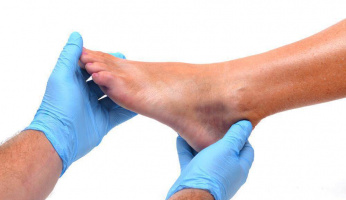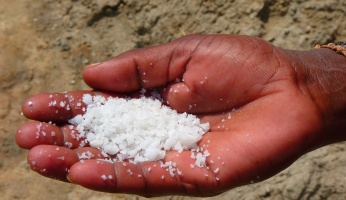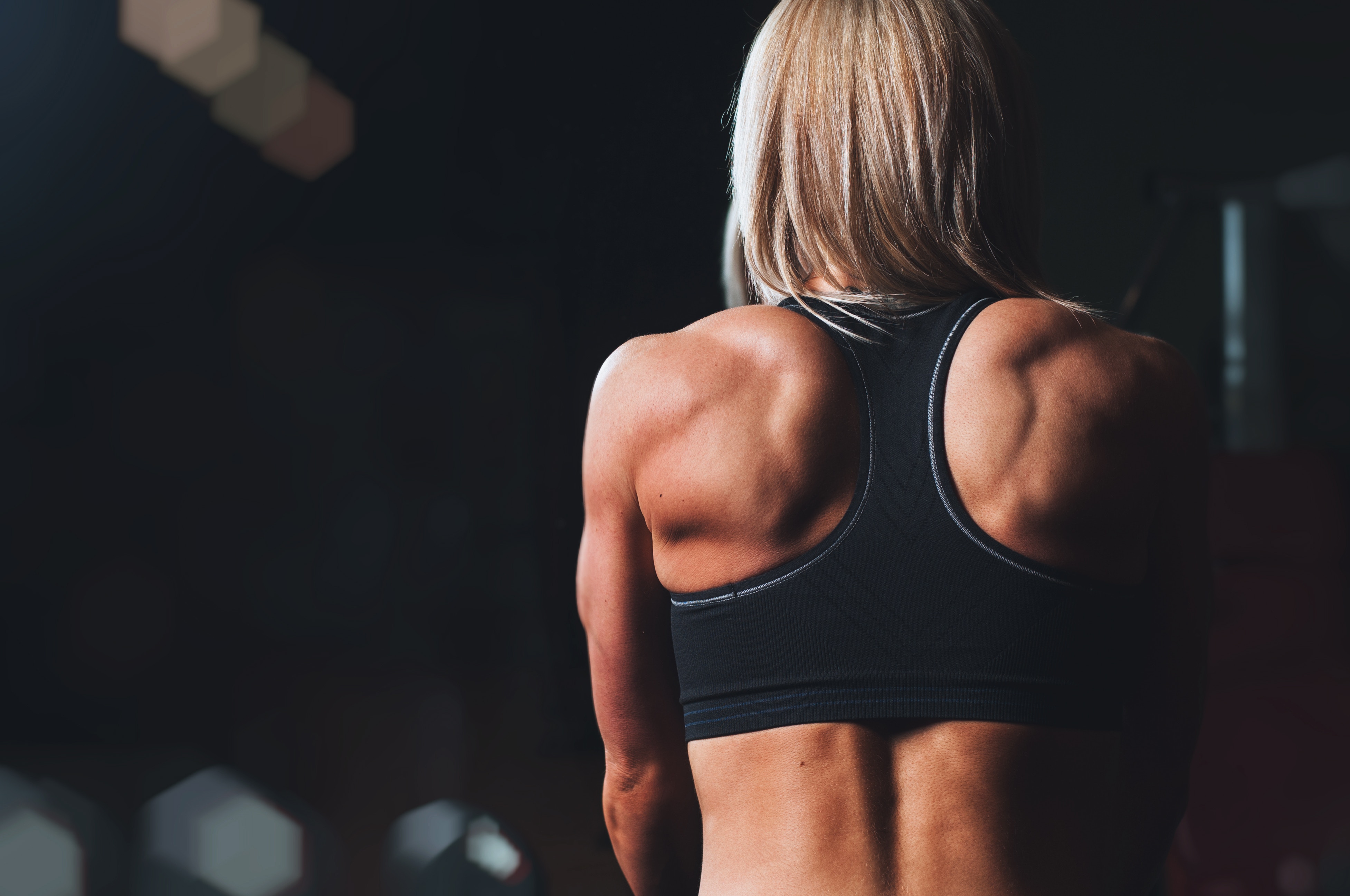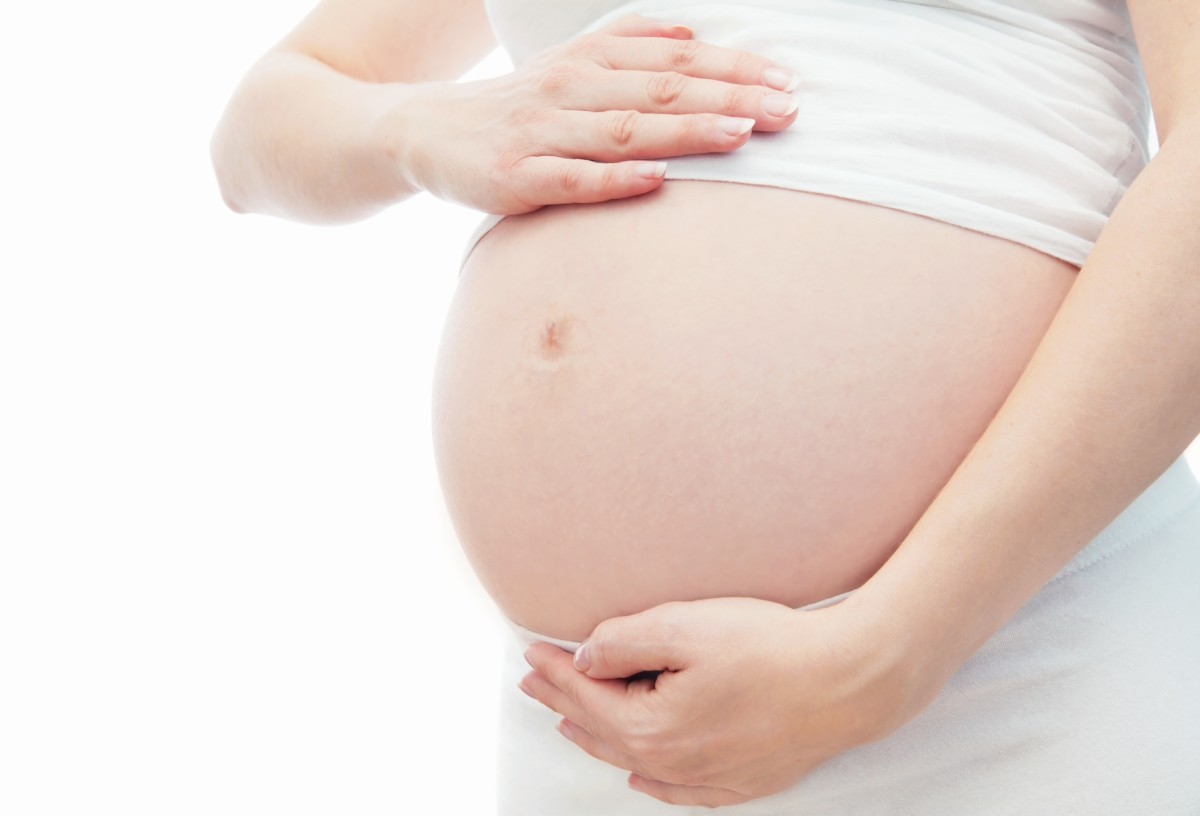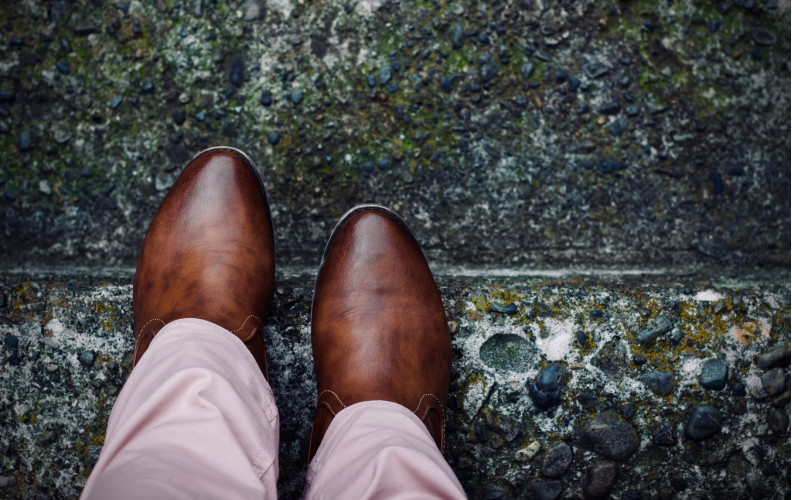Why Do My Legs Feel Heavy? The 6 Most Common Causes!
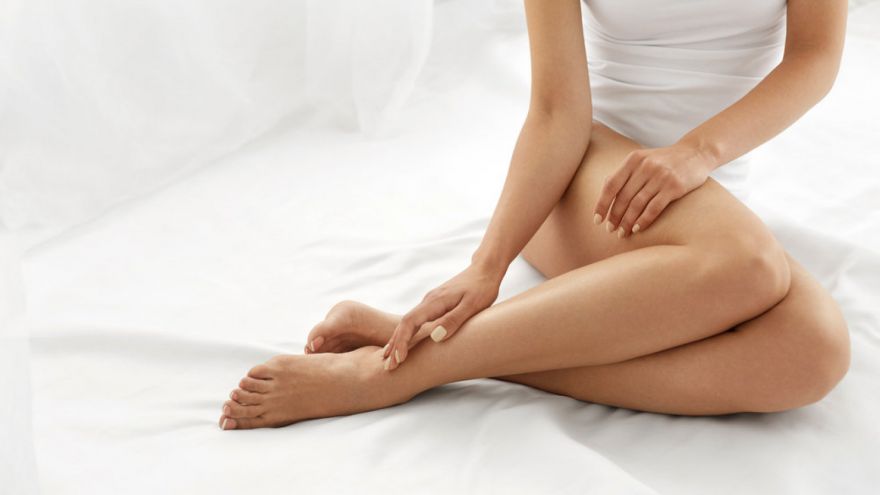 Why Do My Legs Feel Heavy? The 6 Most Common Causes! www.walkjogrun.net
Why Do My Legs Feel Heavy? The 6 Most Common Causes! www.walkjogrun.net Heavy legs can be caused by several things and those conditions may overlap. Many health conditions are preventable, but some are inherited and this puts you at an increased risk of developing different diseases.
The complications that can lead to the cause of why your legs feel heavy are peripheral artery disease (PAD), depression, varicose veins, and a few other conditions that we will discuss below.
6 Causes of heavy legs
The cause for heavy legs could be related to:
- Peripheral artery disease (PAD)
- Varicose veins
- Overtraining
- Lumbar spinal stenosis
- Restless leg syndrome
- Atypical depression
Many of these conditions have overlapping risk factors and vary in severity. It is important to remember that if your symptoms are not resolved within a week after trying the following home remedies and reoccur often, please schedule an appointment with your Primary Care Provider (PCP).
1. Peripheral artery disease
Peripheral artery disease (PAD) affects an individual’s lower extremities and is accompanied by pain or weakness in your legs that present with activity and go away with rest.

PAD is caused by the buildup of plaque on the artery walls that can decrease or cut off the blood supply to areas of the body, this is also known as arteriosclerosis.
Some risk factors for PAD are:
- Smoking
- Lack of physical activity
- Diabetes
- High blood pressure
- Clotting disorders
- Chronic kidney disease
- Stress
Making lifestyle changes is not simple or easy. So, try incorporating your family into your new routine of exercising, well-rounded eating habits, and change.
This will help to decrease the stress of changing your previous routine. And also makes the transition easier.
2. Varicose veins
When the walls of the veins in your legs become weakened over time, you may see the visible coiling or protrusion of veins beneath the skin, this is known as varicose veins. The veins in your legs are used to get blood back to your heart to be oxygenated.

With the assistance of your muscles and valves in your lower extremities, your blood has no problems with this process, but there are a few factors that may play a role in creating issues, such as:
- Age
- Weight
- Sex
- Pregnancy
- Family history
- Standing or sitting for extended periods of time
Many of these risk factors are based on things that cannot be controlled by an individual. But, 30 minutes of active movement may help to reduce the occurrence and effects of varicose veins.
3. Overtraining
Most of us have been in the position of overtraining the muscles in our legs by trying a new routine or exercise that just makes our legs feel heavy. But, when it comes to overtraining your legs may have cramping, pain, redness, and swelling.
The key to reducing overtraining is:
- Incorporate rest into your routine
- Stay hydrated and eat enough calories
- Make sure you are cross training
- Gradually increase exercise
These few steps could help you to prevent or reduce your length of recovery.
4. Lumbar spinal stenosis
Spinal stenosis is the narrowing of the spinal canal, which is the space that houses your spinal cord. This narrowing puts pressure on your spinal cord and the nerve roots. And lumbar spinal stenosis affects your lower extremities.

This could be what makes your feet or legs feel heavy, along with other symptoms like numbness, tingling, and burning sensations that can run from your buttocks to your leg.
- The causes for lumbar spinal stenosis include:
- Age
- Injury
- Arthritis
- Other illnesses or inherited conditions
If you are experiencing any of the above symptoms and your legs feel heavy follow-up with your PCP. Because there are non-invasive treatments, but they require medical intervention to make sure they are executed correctly.
5. Restless leg syndrome
With restless leg syndrome, there is frequently no cause, but it has affected women in their 1st trimester of pregnancy and goes away after delivery or has been thought to be inherited if the person shows signs before the age of 40.

Some common risk factors and medical conditions that accompany restless leg syndrome are:
- Age
- Sex
- Peripheral neuropathy
- Iron deficiency
- Kidney failure
- Spinal cord conditions
Although restless leg syndrome does not come with any life-threatening complications, the symptoms can range from mild to severe. And in its severe form, it could limit your ability to perform activities of daily living.
6. Atypical depression
This form of depression is characterized by an individual’s mood shifting in a positive way by good news. Symptoms include:
- Overeating
- Legs and arms feel heavy
- Do not take rejection or criticism well
- Sleeping too much
With any form of depression, it is always imperative to seek out professional help to assist you in sorting out your thoughts. And if you feel like you may harm yourself please go to your nearest emergency room.
Home remedies for Heavy Legs
There are some home remedies that are helpful in relieving the heaviness that you are experiencing in your legs. These remedies help your muscles and veins to pump blood back to your heart. And they could also help with recovery after overtraining.
They are:
- Compression socks
- Elevating the feet above the heart
- Making sure you get enough sleep at night
- Exercise/cross training
- Do not sit or stand for too long
- Stretching
- Maintain a healthy weight
- Quit smoking
As stated above, if your legs feel heavy frequently and the symptoms are not resolved within a week please consult your PCP. You may be experiencing symptoms related to an underlying condition or more serious symptoms related to one of the conditions above.
Some of these conditions could lead to serious and life-changing circumstances.
Learning How To Listen To Your Body
If your legs feel heavy, this can be caused by many different conditions. And what relieves the heaviness that you are experiencing in your legs could be as simple as rest to something more invasive like surgery.
This is why it is important that you listen to your body. And know your normal because it will not look like anyone else’s.
Sources
- , Restless legs syndrome, Clinic
- , Varicose veins, Clinic
- , Atypical depression, Clinic
- , Spinal Stenosis, Org
- , Peripheral Artery Disease, Org






